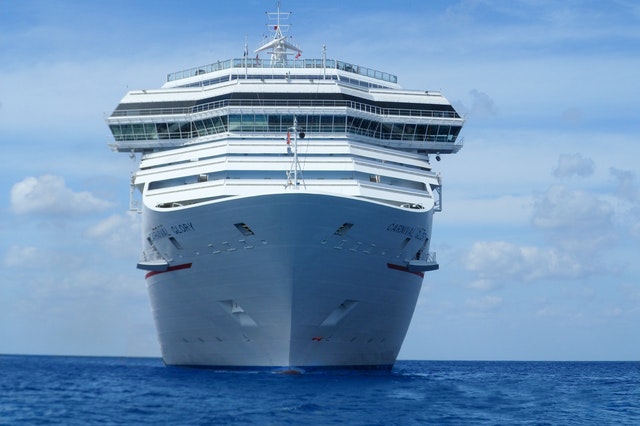Ocean cruise lines seeking to meet increased maritime fuel purity standards are turning to CSX and the company’s TRANSFLO transloading facilities as part of their solution.
The International Maritime Organization has established new regulations, which took effect in 2020, that cap the amount of sulfur in ocean-vessel fuels at 0.5 percent. The new regulation is requiring vessels, including cruise ships, to find solutions ranging from switching to low-sulfur fuels to employing scrubber systems that can reduce sulfur emissions.
One of the scrubber systems installed by some cruise companies uses caustic soda as a cleaning agent, but the solution has also created a supply chain challenge. Caustic soda is not produced in close proximity to Florida’s departure ports, resulting in cruise lines having to transport the chemical over long distances.
The cruise lines initially trucked the commodity to the ports, but then they discovered a much more efficient solution — TRANSFLO. TRANSFLO is CSX’s network of bulk commodity transfer facilities that enable customers to take advantage of the efficiencies of rail even though they are not located on a rail line.
Cruise lines have been able to use CSX for transporting caustic soda to TRANSFLO terminals, five of which are located near Florida ports. Then, when ships are in port, the commodity is safely offloaded to trucks and carried the remaining short distance to the cruise ships, ensuring it arrives precisely when needed.
Using CSX and TRANSFLO for forward positioning of caustic soda has helped cruise lines meet the more stringent emissions requirements through a cost-effective and reliable supply chain solution.
To find out how CSX's supply chain solutions can work for you, visit www.countoncsx.com.
